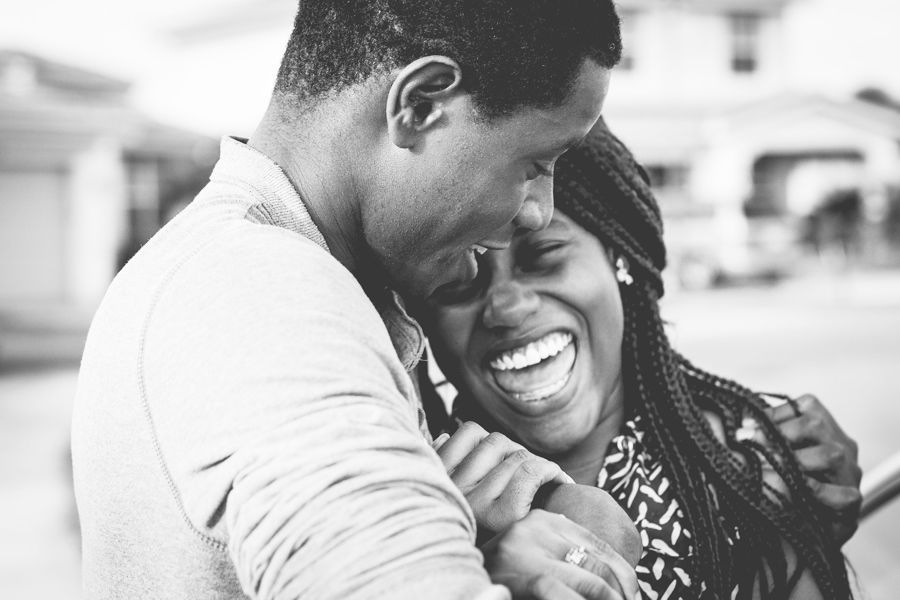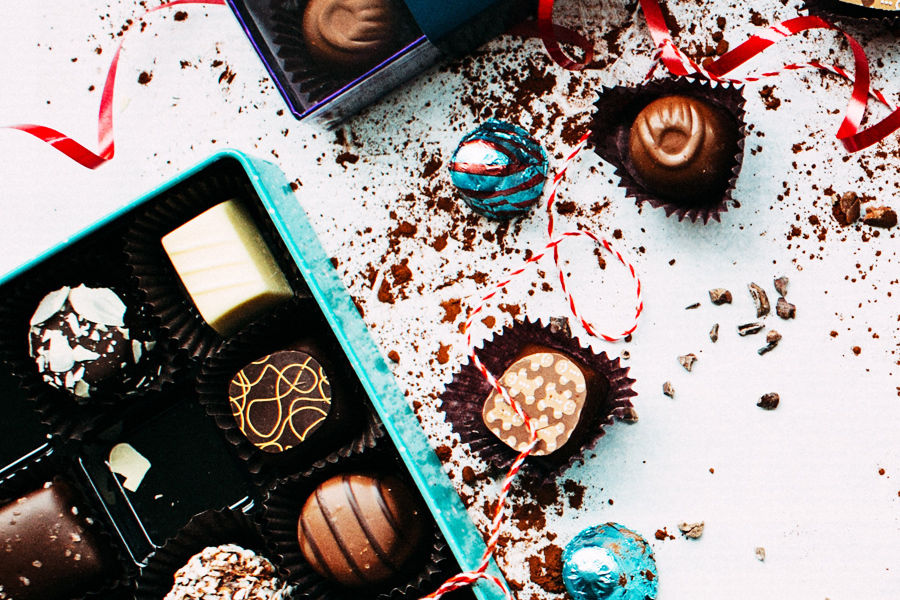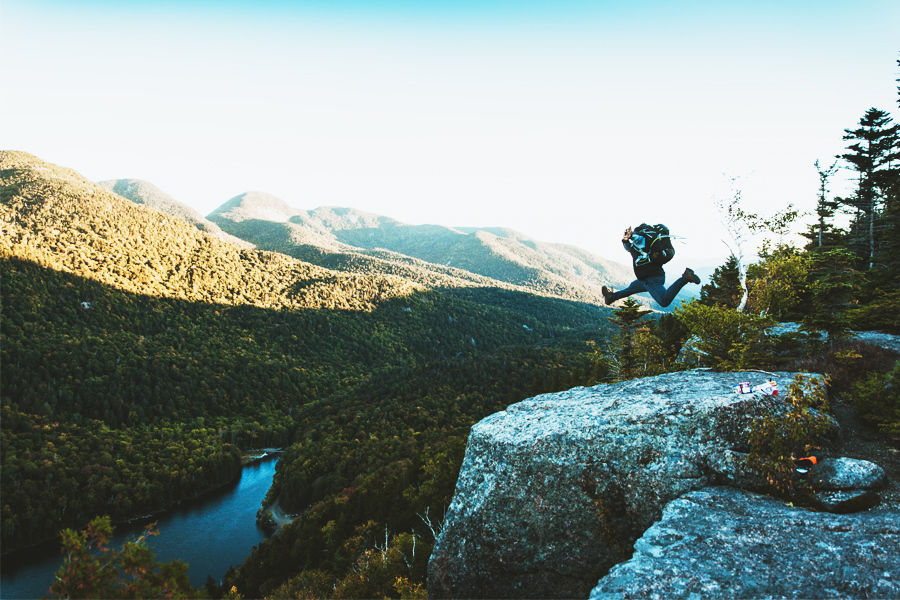Ask anyone what their New Year’s resolution, and they’ll probably tell you some variation of “to be happy.” As the year draws to a close, we’re getting more and more thoughtful about what we’ve accomplished, been through, or experienced in this past year, and what we hope to this next year will look like. What can we do to try to make our next year our happiest yet?

The Science of Happiness
Scientifically, happiness seems relatively simple. Get more of those endorphins and dopamine. Endorphins act as pain relievers (think, natural Advil that your brain produces that also makes you happy). You can get them from working out, sex, and maybe even certain types of food. Dopamine is a neurotransmitter or chemical compound that sends signals to your body, is released when you achieve some sort of reward, like quenching your thirst or winning a game. Basically, these two things in your brain make you feel good, positive, and happy.

So, what can we take away from this very basic scientific understanding of happiness? The production of these brain chemicals are closely linked to the experiences that we have every day, and the more time we are able to devote to experiences that will potentially make us happy—the happier we will be. Seems like a no brainer, right? But let’s dig a little deeper…
Extensive research has shown that our experiences reshape our brain. The more positive experiences you have and the more positive thinking you express actively, the more those signals in our brains are re-enforced and regenerated.
A study by Bruce Lipton found that your body adjusts its behavior to fit in with your beliefs. Your brain morphs and adapts according to its experiences; the more happiness you experience, the more the happy-related signals of your brain. It becomes more of a naturally conditioned behavior. So the more happy experiences you give yourself (experience being the key word here), the more positive of a person you may be able to become on a day-to-day basis.

Happiness & the Holidays
This holiday season, we challenge you to take a step back from the typical purchases that you tend to make during this time of year. Even though this was one of the most successful Black Fridays of the last few years with 154 million consumers shopping online or in-store, let’s take a moment to ask ourselves, what are we investing in this holiday season?
You may have heard that buying experiences is more likely to lead to happiness; experiential purchases will give you lasting memories, whereas the novelty of the latest iPhone craze fades. In a 2010 study, conducted by Harvard researchers Killingsworth and Gilbert, it was found that people tended to feel the happiest when they were making love, exercising, or engaged in conversation—all experiential activities.
Basically, making memories on a hiking trip or a concert with your friend will lead to more happiness than buying that really cute sweater. Instead of buying the latest trend, why not focus on investing in experiences, like learning something new or traveling?

Travel & New Experiences
Traveling and vacations have been shown to be one of the best indicators and triggers for happiness. Getting out of your daily routine and immersing yourself in a brand new experience can snap you out of any slump you’re in.
Exposure to new experiences has been scientifically shown to enable neurons to connect more quickly. Researchers at the Leloir Institute in Buenos Aires found that new stimulating environments, or new experiences, enhance brain function and growth by generating new neurons and connecting them to pre-existing networks. Purchasing experiences, like travel or language classes, instead of objects will also contribute to your wellbeing on a neurological level.

So…You Should Probably Travel More
In addition to making you happier, travel also stimulates the brain’s neural pathways, enhancing creativity. A 2008 study showed that multicultural exposure boosts creative cognition, and a 2012 study showed a positive connection between creative ability and experiences abroad. Travel helps you become more adaptable and tolerant, and these characteristics are indicators of professional success as well as creativity.
Also, as an extra perk—actually planning and booking your vacation will lead you to be happier as well. A study by the New York Times actually shows that you will be increasingly happy in the days preceding your vacation. Savoring the anticipation, and prolonging the gratification, is good for your well-being; learning the language, indulging in a little bit of escapism, making the perfect playlist to listen to on your getaway, will all make you feel slightly happier.
For 2018, let’s challenge ourselves to be happier by broadening our horizons, exploring something new, and stimulating our creativity. Happiness has been found to improve attentiveness, problem-solving, critical thinking and immune function. So this holiday season, let’s focus on those experiences that will lead us to happiness—time to book a ticket yet?


 Spanish
Spanish
 French
French
 Italian
Italian
 Arabic
Arabic
 Portuguese
Portuguese
 German
German
 Chinese
Chinese
 Japanese
Japanese
 Russian
Russian